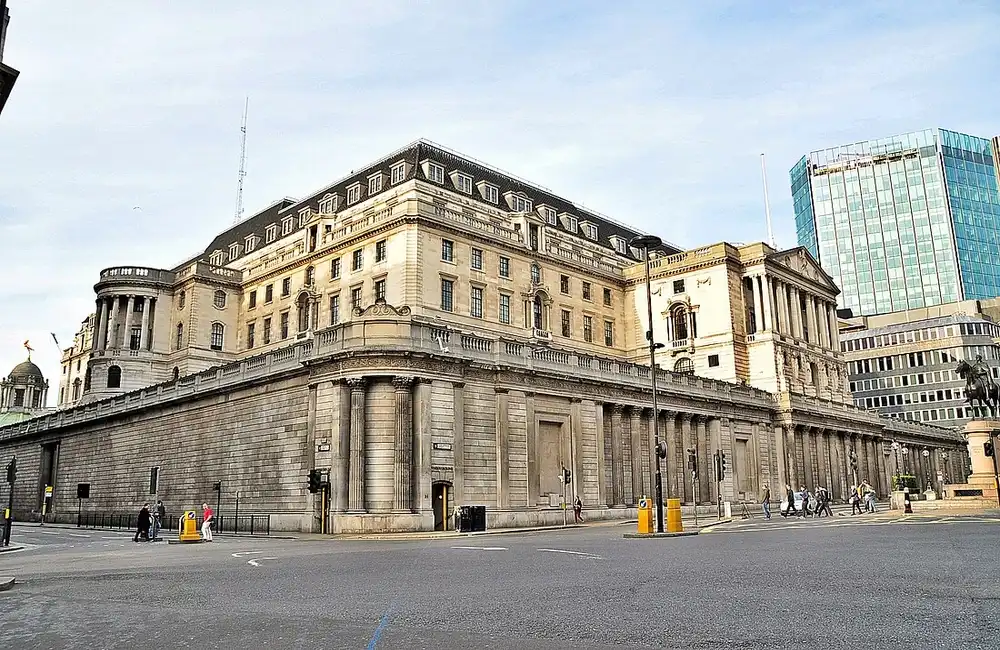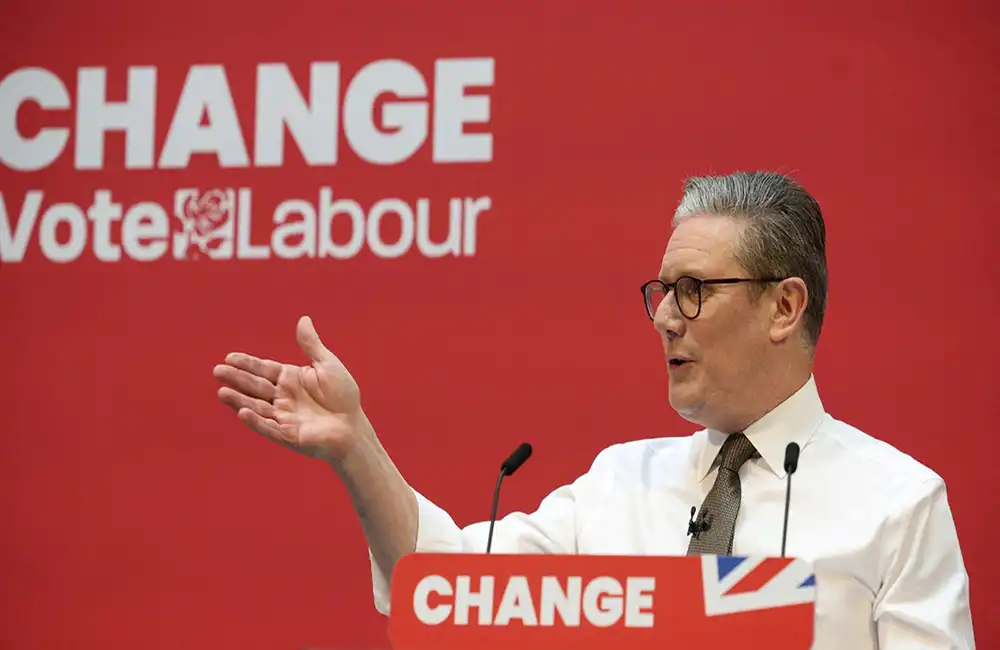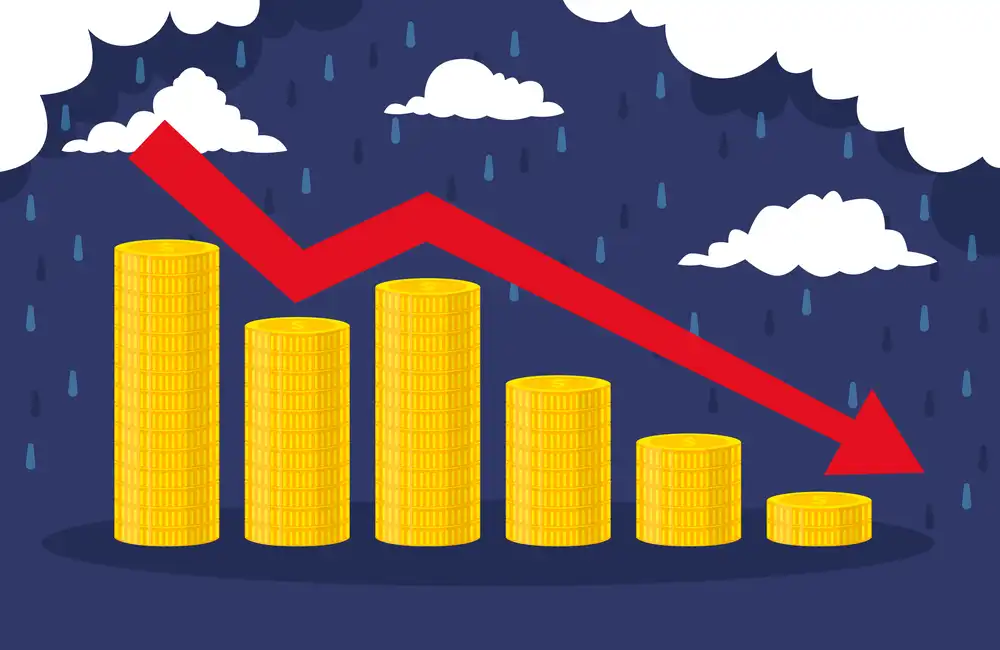Free and fair elections form the foundation of a healthy democracy while their significance remains unmatched.
New information regarding an election betting scandal in the UK has affected both the integrity of democracy and economic stability. The current investigation targets fifteen people including former conservative MP Craig Williams who allegedly used insider information to bet on when the 2024 UK general election would take place.
This extraordinary situation demonstrates that violations within democratic procedures can extend beyond government systems to affect industrial sectors while presenting significant consequences for investors.
Importance of Electoral Integrity
This scandal revolves around people using privileged political knowledge to gamble on when elections would occur, which violates the Gambling Act 2005. The prosecution accused Williams and 14 others of working together to profit from secret political knowledge which compromised electoral neutrality.
Electoral integrity plays a critical role in maintaining public trust while also protecting democratic institutions. Free and fair elections establish political legitimacy because they build trust among citizens, businesses and governments.
Any small indication of biased practices or unfairness can deteriorate the foundation of public trust, and the resulting situation weakens democratic systems, fuels societal conflict, and destabilises political landscapes.
Economic Ramifications
Investors face both immediate and long-term consequences when democratic integrity is compromised. Political instability diminishes investor trust, especially in democratic markets where transparent governance is a key strength.
Electoral manipulation contributes to political instability, market volatility, and economic slowdown. These scandals may also impact credit ratings, increase borrowing costs, and reduce investor interest.
Given the UK’s economic pressures post-pandemic and post-Brexit, further political scandals can aggravate challenges related to trade agreements and financial markets.
Investor Considerations
Investors must actively assess and mitigate political risk. Key considerations include:
- Monitor the Political Climate: Track leadership changes, election dates, and legal investigations.
- Diversify Investments: Spread risk across regions and industries to reduce exposure.
- Use Political Risk Ratings: Refer to agencies like Moody’s or Fitch for governance indicators.
- Adopt a Long-Term Perspective: Stay focused on market fundamentals rather than reacting to short-term shocks.
- Consult Experts: Work with professionals specialising in geopolitical and macroeconomic trends.
Closing Thoughts
The election betting scandal has shaken trust in democratic systems and raised alarm among investors. The key message is that political integrity is critical to both governance and economic stability.
In an interconnected global economy, staying informed, adaptable, and strategically diversified is vital. UK investors must watch political developments closely and proactively adjust strategies to manage future risks.




















